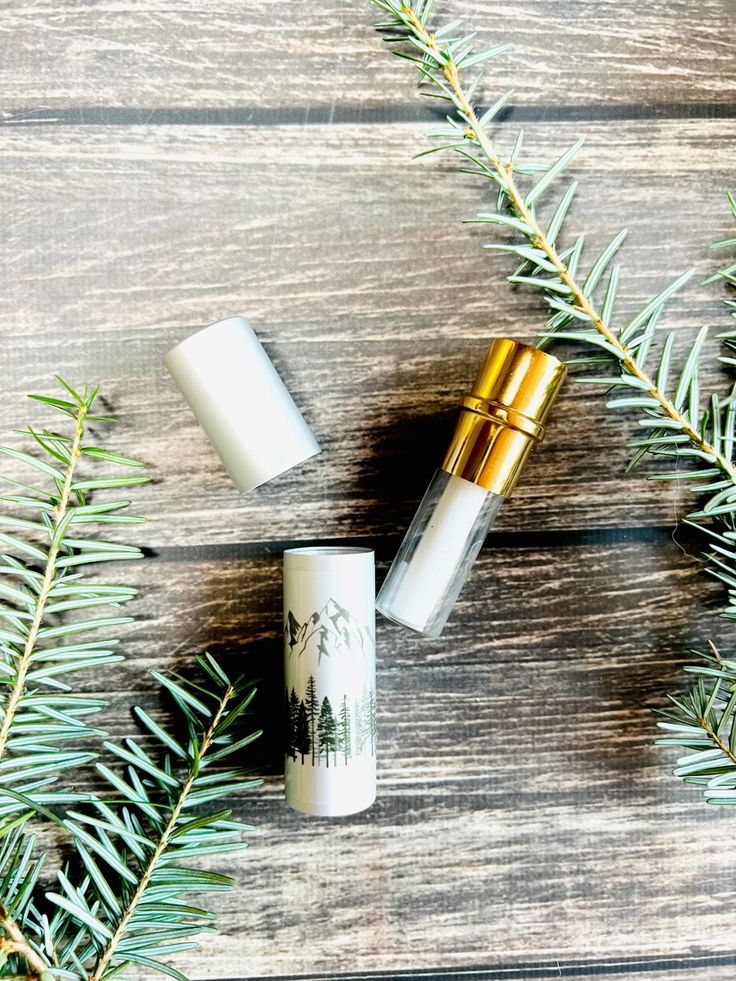Introduction
Aromatherapy, the practice of using essential oils for therapeutic purposes, has been around for centuries. From ancient civilizations to modern-day wellness practices, the power of scent has been recognized for its ability to influence our physical, emotional, and mental states. But how exactly does aromatherapy work, and what benefits can it offer for enhancing your overall well-being?

Essential oils, the concentrated extracts derived from various plants, contain potent aromatic compounds that interact with our bodies in fascinating ways. When inhaled, these molecules stimulate the olfactory system, the part of our brain responsible for processing smells. This olfactory stimulation can trigger a cascade of reactions, influencing our mood, emotions, and even physiological processes.
The Science Behind Aromatherapy
While more research is needed to fully understand the mechanisms of aromatherapy, studies suggest that certain essential oils can have specific effects on the brain and body. For example, lavender oil is known for its calming and relaxing properties, often used to promote sleep and reduce anxiety. Peppermint oil, on the other hand, is known for its invigorating and energizing effects, often used to improve focus and alertness.
Practical Applications of Aromatherapy
Aromatherapy can be incorporated into your daily routine in various ways. One of the most common methods is through inhalation, using diffusers, essential oil inhalers, or simply adding a few drops of oil to a tissue or bowl of hot water. Topical application is another method, where diluted essential oils are applied to the skin, often used for massage therapy or skincare.
Choosing the Right Essential Oils
With a wide variety of essential oils available, it's important to choose oils that align with your desired outcomes. If you're seeking relaxation and stress relief, lavender, chamomile, and ylang-ylang are popular choices. For focus and concentration, peppermint, rosemary, and lemon are often recommended.
Safety and Precautions
While generally safe when used correctly, essential oils are potent substances that should be handled with care. Always dilute essential oils in a carrier oil before topical application, and perform a patch test before using a new oil on a larger area of skin. It's also essential to consult with a qualified aromatherapist or healthcare professional for personalized advice and to address any specific concerns.

.jpg)